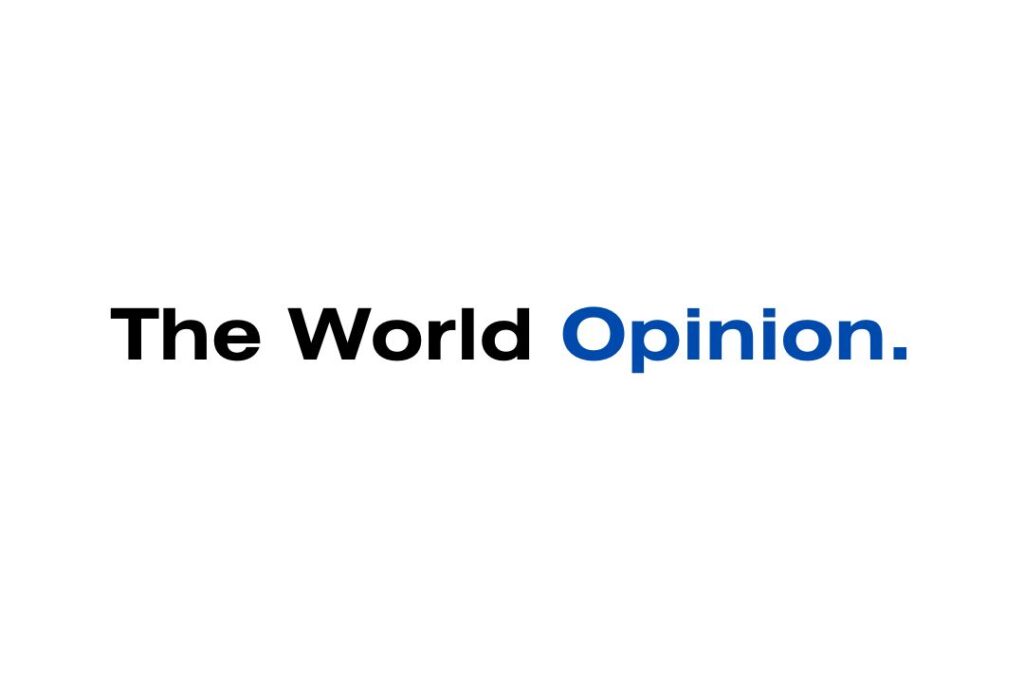Netherlands High Minister Mark Rutte speaks with U.S. President Joe Biden. The U.S. has been placing force at the Netherlands to dam exports to China of high-tech semiconductor apparatus. The Netherlands is house to ASML, one of the crucial necessary firms within the world semiconductor provide chain.
Susan Walsh | AFP | Getty Photographs
Washington has its eyes at the Netherlands, a small however necessary Ecu nation that might dangle the important thing to China’s long term in production state-of-the-art semiconductors.
The Netherlands has a inhabitants of simply over 17 million other folks — however may be house to ASML, a celeb of the worldwide semiconductor provide chain. It produces a high-tech chip-making system that China is raring to have get admission to to.
The U.S. seems to have persuaded the Netherlands to forestall shipments to China for now, however members of the family glance rocky because the Dutch weigh up their financial possibilities if they are bring to a halt from the arena’s second-largest economic system.
ASML’s crucial chip function
ASML, headquartered within the the city of Veldhoven, does no longer make chips. As a substitute, it makes and sells $200 million excessive ultraviolet (EUV) lithography machines to semiconductor producers like Taiwan’s TSMC.
Those machines are required to take advantage of complicated chips on the planet, and ASML has a de-facto monopoly on them, as a result of it is the handiest corporate on the planet to cause them to.
This makes ASML one of the crucial necessary chip firms on the planet.
Learn extra about tech and crypto from CNBC ProU.S.-Netherlands talks
U.S. force at the Netherlands seems to have begun in 2018 underneath the management of former President Donald Trump. In keeping with a Reuters file from 2020, the Dutch govt withdrew ASML’s license to export its EUV machines to China after intensive lobbying from the U.S. govt.
Underneath Trump, the U.S. began a industry warfare with China that morphed right into a combat for tech supremacy, with Washington making an attempt to bring to a halt crucial era provides to Chinese language firms.
Huawei, China’s telecommunications powerhouse, confronted export restrictions that starved it of the chips it required to make smartphones and different merchandise, crippling its cell trade. Trump extensively utilized an export blacklist to bring to a halt China’s biggest chipmaker, SMIC, from the U.S. era sector.
President Joe Biden’s management has taken the attack on China’s chip trade one step additional.
In October, the U.S. Division of Trade’s Bureau of Trade and Safety presented sweeping laws requiring firms to use for a license in the event that they wish to promote sure complicated computing semiconductors or similar production apparatus to China.
ASML advised its U.S. body of workers to prevent servicing Chinese language purchasers after the creation of those laws.
Force at the Netherlands to fall in step with U.S. laws continues. Alan Estevez, the underneath secretary of trade for trade and safety on the U.S. Division of Trade, and Tarun Chhabra, senior director for era and nationwide safety on the U.S. Nationwide Safety Council, reportedly spoke with Dutch officers this month.
“Now that the U.S. govt has put unilateral end-use controls on U.S. firms, those controls can be futile from their standpoint if China may just get those machines from ASML or Tokyo Electron (Japan),” Pranay Kotasthane, chairperson of the high-tech geopolitics program on the Takshashila Establishment, advised CNBC.
“Therefore the U.S. govt would wish to convert those unilateral controls into multilateral ones by way of getting international locations such because the Netherlands, South Korea, and Japan on board.”
The Nationwide Safety Council declined to remark when contacted by way of CNBC, whilst the Division of Trade didn’t reply to a request for remark.
A spokesperson for the Netherlands’ Ministry of International Affairs mentioned it does no longer touch upon visits by way of officers. The ministry didn’t respond to further questions from CNBC.
Tensions
Ultimate week, U.S. Secretary of State Antony Blinken hailed the “rising convergence within the option to the demanding situations that China poses,” specifically with the Ecu Union.
However the image from the Netherlands does no longer seem as rosy.
“Clearly we’re weighing our personal pursuits, our nationwide safety hobby is of extreme significance, clearly we’ve financial pursuits as you could perceive and the geopolitical issue all the time performs a task as neatly,” Liesje Schreinemacher, minister for overseas industry and building cooperation of the Netherlands, mentioned final week.
She added that Beijing is “a very powerful industry spouse.”
— CNBC’s Silvia Amaro contributed to this file




